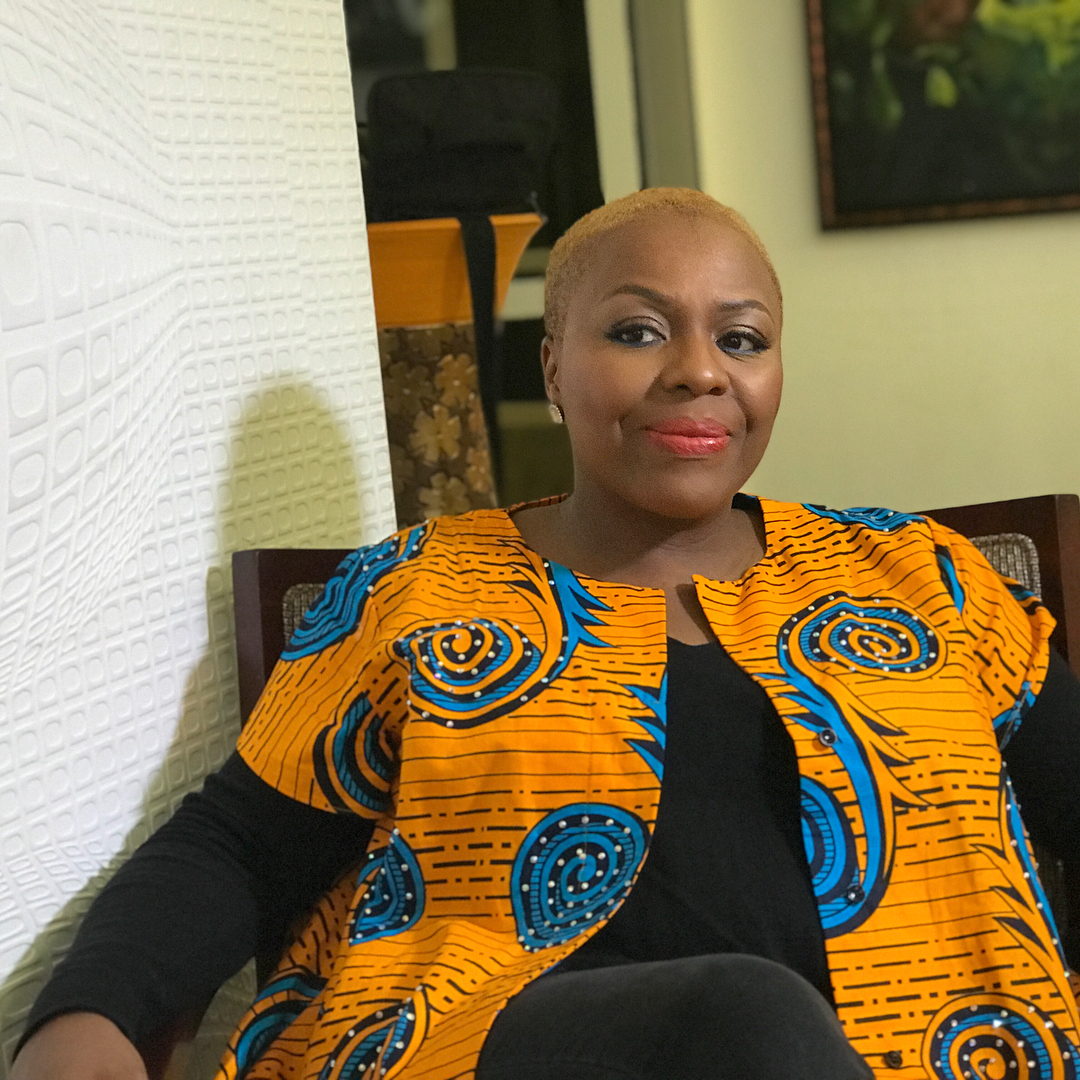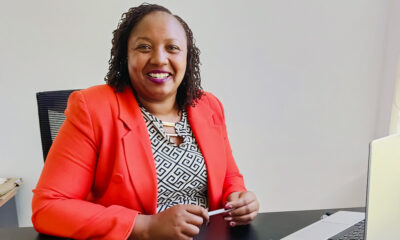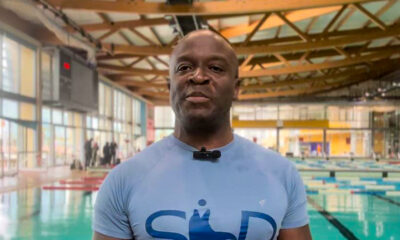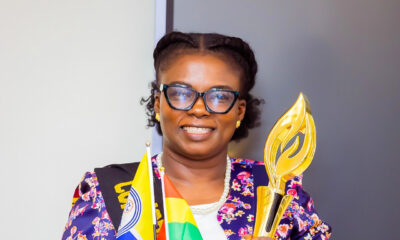Scoop
With the Ake Festival & One Read App, Lola Shoneyin Is Ensuring African Literature & Art Get Better Recognition & Appreciation
By Bonface Orucho, for bird story agency

Africa is ethnically and culturally diverse. The nature of art and literary works from the continent is equally varied. African writers like Chinua Achebe, Chimamanda Ngozi Adichie, Alain Mabanckou, and Bessie Head, among many others, have elevated African arts to the global space. Still, there is a need to sustain the momentum.
Lola Shoneyin, a poet, novelist, publisher, bookseller, and festival organiser, is one of the few dedicated to ensuring African literature and art get better recognition and appreciation.
When the 48-year-old published her debut novel, “The Secret Lives of Baba Segi’s Wives,” in 2010, she travelled around the world seeking to market her work.
“I went to some very well-organised and well-attended festivals. And each time I would go to those festivals, I would ask myself why we didn’t have a festival like this in Nigeria and on the African continent,” she said.
The 2018 Person of the Year was also bothered by the cultural differences between Africa and how many of the people she met at literature festivals in Europe saw the continent.
“Sometimes, the line of interviewing or questioning itself would immediately make me feel excluded,” she said.
Inspired to make a difference for the thousands of African creatives and consumers of African literature, she launched the Ake Arts and Book Festival with its first edition in 2013.
Since then, Africa’s first literature festival has been held every year. The next one will be on November 24-26, 2022, after not happening in 2020 and 2021 because of the COVID-19 pandemic, which is why the theme this year is “Homecoming.”
“It’s been almost like a bit of a Mecca for African creatives,” Shoneyin said. “I’ve never presented it as a Nigerian festival. For me, it has always been about celebrating talent on the African continent. For the first time in two years, we are going live at home.”
The passionate, outspoken Shoneyin recognises the role the festival has played in igniting a passion for reading African literature, especially among the younger populations in Africa.
“I cannot tell you the number of young people I’ve come in contact with who have told me that they started reading after they attended the Ake Festival and listened to some authors talk about their books,” she explained.
Shoneyin believes there is a need to attract African youth to the African literary space, a passion that led her to roll out a software application, One Read App.
Every time a book is published on the app, the author receives between $500 and $1,000. The rollout of the application resulted in 500 book sales. While the software programme is on break, she believes it will boost stakeholders in the African literature publishing cycle when it resumes.
She thinks that the festival has made it easier for authors of books from Africa to meet their primary readers in person.
The greatest beneficiaries of the arts and book festival have been the creators of these works. As Shoneyin highlights, “there’s a lot to be said for being in a space where you’re standing shoulder to shoulder with creative individuals, whether writers, artists, dancers, or poets, from other African countries; it births new initiatives.”
While Nigeria-headquartered Sterling Bank has sponsored Ake Arts and Book Festival for the past six years, Shoneyin believes more African-based sponsors should actively support African literature through such programmes as Ake Festival.
“It is my dream that African companies will invest in African creativity with the understanding that without culture in our lives, our lives are very empty and without colour,” she noted.
Beyond the issues of culture, sexuality, gender, war, insecurity, and governance that past festivals have featured, Shoneyin has been critical in using the festival to agitate for environmental responsiveness and climate action, especially among school-going children and the youth.
“Even the idea of One Read for me was moving away from using paper and trying to introduce the idea of electronic access to books to the African people,” she explained.
In the build-up to COP 27, Shoneyin and the Book Buzz Foundation organised a pre-COP event in Lagos. The event’s highlight was a poetry competition dubbed “This is where it hurts.” The competition attracted 564 entries, with the winner receiving about $1000.
However, she strives for “every festival to have at least one-panel discussion that addresses environmental issues or the issues of climate change.”
Shoneyin says that Africa’s creative sector has a lot of untapped potentials because there aren’t enough financial resources.
“So many ideas in Africa die because of the financial challenges that limit their actualization,” she explained.
Shoneyin thinks that African innovative ideas can be spread better if newer models are used to speed up the spread of creative and literary works.
“What people who are culture partners, entrepreneurs, or culture enthusiasts need to do is look at some of the models that are available, but also learn to adapt them for our environment without losing impact.”
















